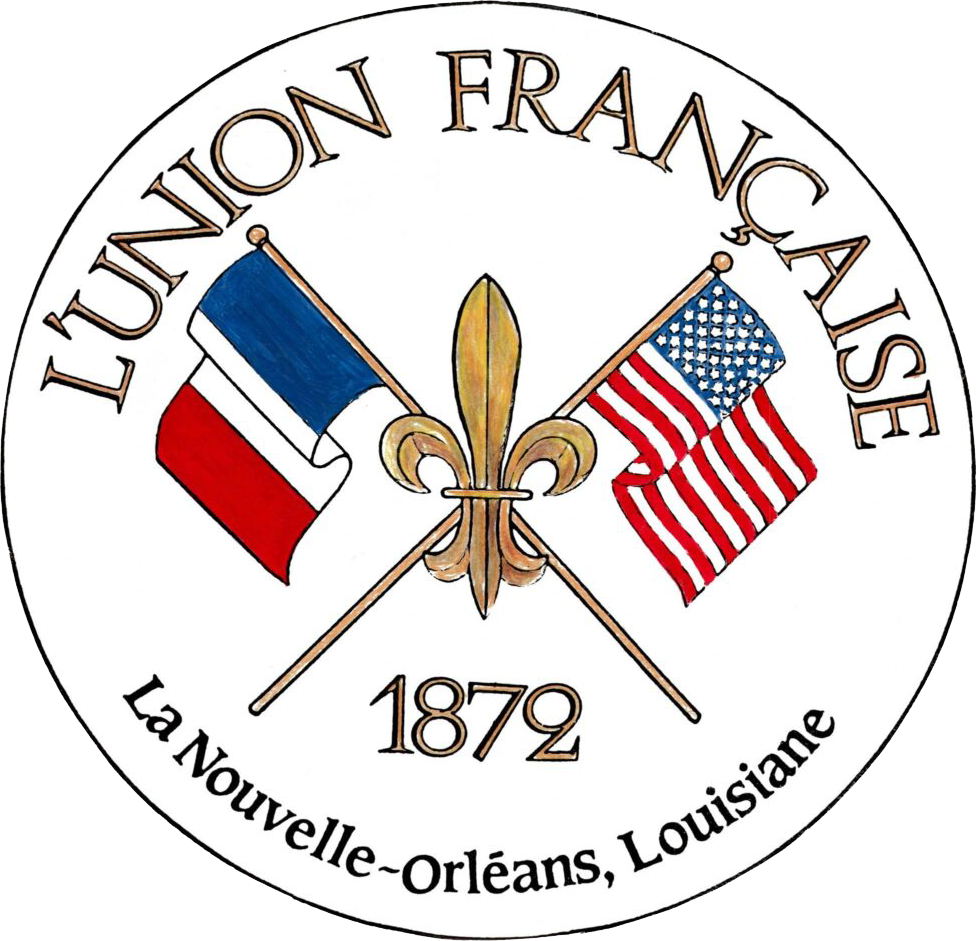Vive La Francophonie Culture Classes
Pays Basque
Join us for a five-session series focused on Vive la France: Pays Basque/Pais Vasco
Taking place on April 2, 9, 16, 23, 30 at 5:30 p.m. at the Academy of the Sacred Heart, these classes will feature cultural presentations, wine tastings, and small plates. Classes will be in English and last approximately 1 hour and 45 minutes.
Are you interested in French culture, wine and food? If so, the Vive La France Culture Series is for you. Each Fall and Spring we feature a series of lectures on a region of France or on a Francophile theme. All lectures are conducted in English. These classes feature:
engaging lectures by experts in their field
wine and food tastings to complement the lectures
community with other Francophiles
Our culture classes take place in uptown New Orleans, at the Academy of Sacred Heart located at 4521 St. Charles Avenue, enter at the second floor dining room from Carondelet St. under the bridge. If you would like more information or to register for the class, please email Karen Walk Geisert at kawalk@me.com
Margene Minor will present Basque wines and sprits at each class with selections from the Wine Seller (5000 Prytania Street).
Each class will also feature a small plate of delicious Basque/Vasco cuisine.
For bios of the presenters, click their name or click here.
-
Who are the Basques? Where do they come from? How do they differ from their neighbors? The Basque Country is a mosaic of terroirs with each valley cultivating its particular character. Likewise, the history of the Basque is a complex one, mostly shaped by the interventions of large neighboring and often rival states which have waged war on its internal borders: kingdoms of Castile, Aragon, Navarre, England, France, and the Holy German Empire. Nonetheless, and despite everything, the Basque Country has managed to maintain a unique personality throughout history, with a certain linguistic and socio- cultural unity and identity which the Basque have strived and mostly succeeded to protect.
Presentation by Véronique Day
-
This presenation will cover both the history as well as the cuisine of this area. this
Presentation by Marc Witham
-
Victor Hugo famously said that Basque language was almost a religion. We will take a look at what makes Basque/euskera, which is related to no other known language, an important symbol of its history, but we will also explore how its preservation is central to the Basques’ preservation of their culture in an increasingly globalized world.
Presentation by Brittany Kennedy
-
Who was Bernadette Soubirous before she became Saint Bernadette of Lourdes? Were the 18 apparitions of the Virgin Mary she claimed to have witnessed real, a product of her imagination, or a mere scam she deployed to help her poverty-stricken family? What did Mary instruct her to do, and to what extent did Bernadette help make Lourdes into France’s most visited pilgrimage site? This talk will try to separate true historical facts from myths and legends about the little shepherdess and the miracles to which her life and memory are attached. Thanks to René Laurentin’s scrupulous accounts of what happened not in only in Lourdes but in Nevers, where she joined the congregation of the Sisters of Charity, we will gain better insight into an exceptional destiny whose image, like Joan of Arc, defied objective description and symbolizes relentless faith.
Presentation by Jean Xavier Brager
-
Both during and after the Middle Ages and later, religion in southwestern Europe was rife with battles, pogroms and falsities. This presentation will cover some of the shocking schisms and heresies that torn apart communities in Spain, France and Italy.
Presentation by Anne Babson
If you would like more information, please email Karen Walk Geisert at kawalk@me.com

